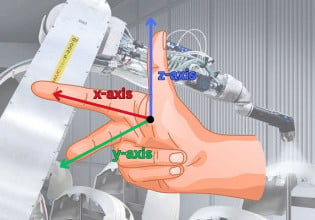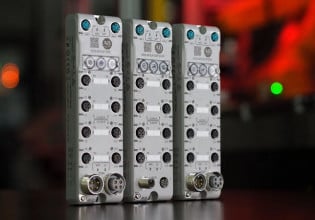S
Recently PLC Power Supply Modules, Communications Modules and CPU got damaged. These module are under warranty period but when we check with the OEM, they have said the damage due to High voltage Surge/Improper Grounding. The PLC Panel is receiving 220V DC Supply from DCDB and inside the panel 220V DC-24V DC Convertor is present.
Inside the panel, we have Instrumentation Earth bar and Protective earth bar. To protective earth bar, we have earthed all panel doors (Including side doors) and also earthed 230V AC (Non-UPS Supply). we have not connected Mounting plate to Protective earth. We have not earthed the above DC_DC Convertor and we have not earthed the above PLC Modules.
Now, if the Modules failures are due to High Voltage surge, how is it possible that DC-DC Converter working fine and its load item PLC Power supply modules, Communication Module & CPU module damaged due to Surge?
if the Failure is due to grounding, what we need to correct to come out of the problem.
Inside the panel, we have Instrumentation Earth bar and Protective earth bar. To protective earth bar, we have earthed all panel doors (Including side doors) and also earthed 230V AC (Non-UPS Supply). we have not connected Mounting plate to Protective earth. We have not earthed the above DC_DC Convertor and we have not earthed the above PLC Modules.
Now, if the Modules failures are due to High Voltage surge, how is it possible that DC-DC Converter working fine and its load item PLC Power supply modules, Communication Module & CPU module damaged due to Surge?
if the Failure is due to grounding, what we need to correct to come out of the problem.






